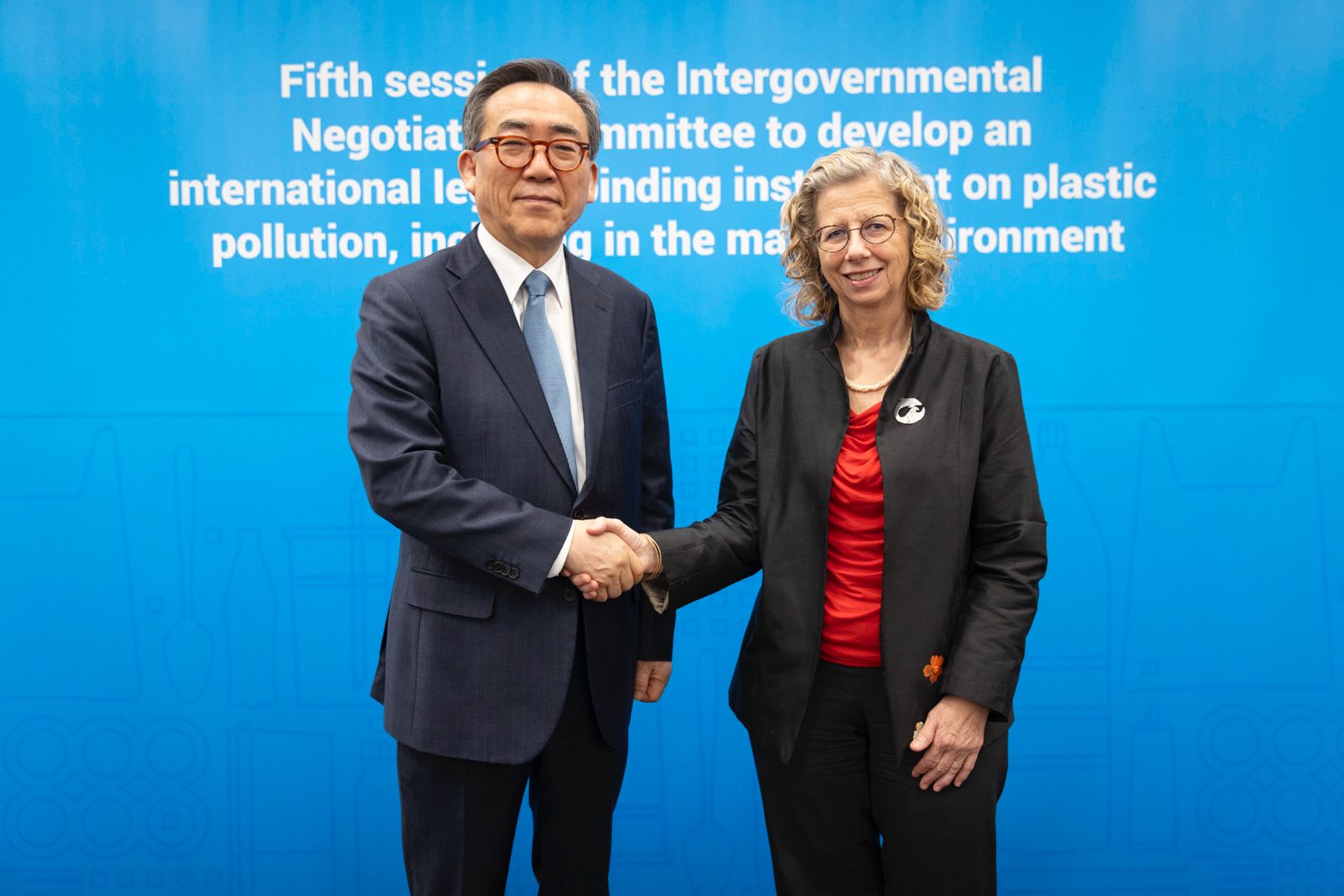The fifth session of the Intergovernmental Negotiating Committee (INC) on plastic pollution concluded in Busan, Republic of Korea, marking a significant step toward a global treaty to combat plastic pollution.
However, concerns remain among world leaders, environmental activists, and climate advocates about the potential failure to secure a binding agreement.
In a speech, United Nations Environment Programme (UNEP) Executive Director Inger Andersen praised the negotiating committee’s tireless efforts and acknowledged the challenges ahead while emphasizing global unity in the fight against plastic pollution.
“We all want to ensure that no harmful chemicals end up in our bodies, in our food, or in our babies’ toys or food packaging. We all want to ensure that plastic does not wash up on our shores,” Andersen said.
The INC made notable progress, with the Chair presenting a draft text outlining the treaty’s structure. However, significant divergences persist, requiring more time to craft a meaningful and inclusive outcome.
Countries, Indigenous Peoples, businesses, and civil society reaffirmed their commitment to ending plastic pollution, expressing optimism despite the challenges.
The next round of negotiations will focus on refining the draft text and addressing key areas of disagreement. Stakeholder engagement will remain central, with observers, including civil society and industry representatives, continuing to contribute to the process.
The INC aims to develop a comprehensive global agreement that addresses the environmental, health, and economic impacts of plastic pollution. The outcome of INC 5 sets the stage for intensified negotiations, with the global community closely monitoring the process.
Andersen assured participants that UNEP will continue to support the negotiations, emphasizing the importance of crafting a treaty that protects the environment, public health, and future generations.
The fight against plastic pollution is far from over, but global commitment remains strong. As Andersen concluded, “Together, we can, and we will beat plastic pollution.”


